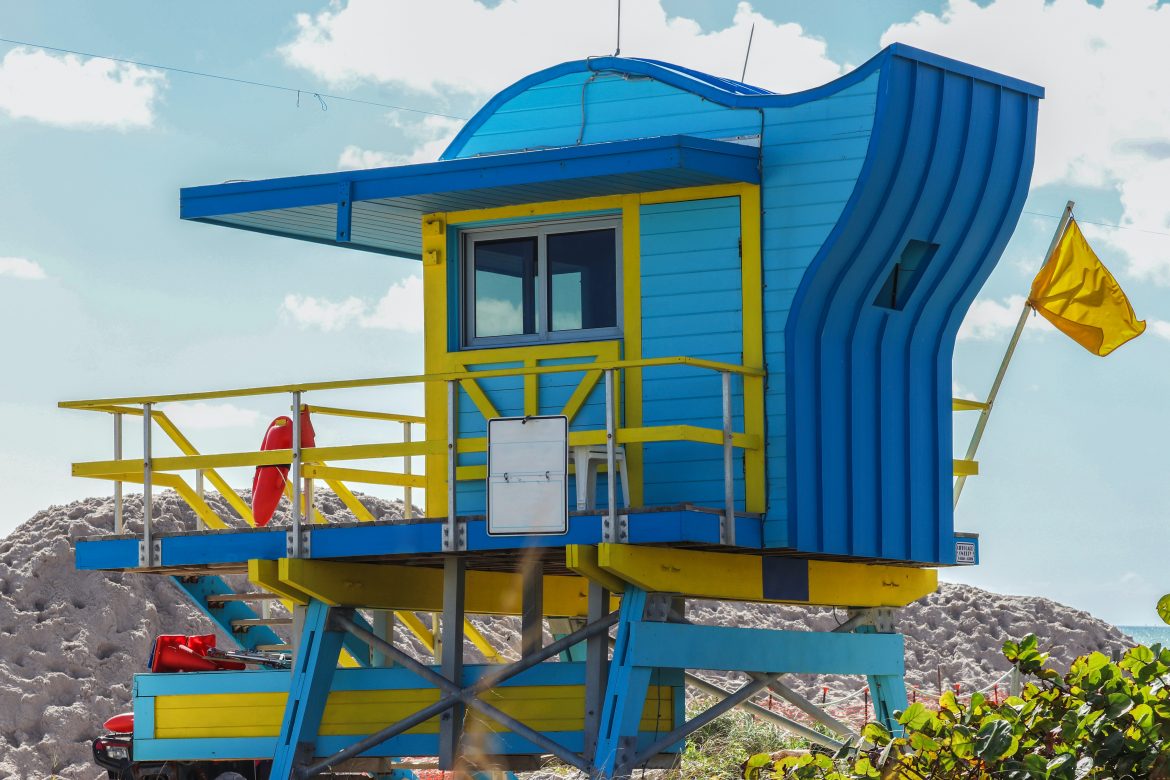
Survival Skills: The Kind of Games that Prep Kids
It’s true that survival skills are basic techniques that are learnt for the provision of water, food and shelter. What happens to protection, safety and security? Yeah, it’s definitely part of the picture.
As a parent or guardian, the default setting is to be sure the kids are safe when they’re not with you – the very need to prep them for life outside the confines of your home which could be in the woods or even in the crowd.
Apparently, this is beyond making them understand why these skills are needed, it’s more of psychological readiness to recognize that a situation is problematic and needs solution, followed by implementation of survival skills.
Okay, where do games come in? Games contribute to the emotional, mental, social and sometimes moral development of a child which stimulates and prepares them to tackle real life problems as a game to be won.
Games for prepping kids
Different kinds of kiddies’ games are either categorized as indoor or outdoor games. Indoor games are a variety of plays carried out in the home or dedicated play area. While outdoor games are typically any game which must be played outside, or requires a large play area.
Understanding the kind of games that does the job well will really go a long way. Now let’s dive right in!!
Strategy games: these are played based on a particular concept using logical reasoning to make decisions/take steps that will influence the outcome of the game. Example of games that involve lots of strategic thinking are: Chess, Chinese checkers, Risk, etc.
Kids who often engage in this type of game gets better at decision-making and tactics, and develop planning and organizing skills; high intellectual thinking and situational skills.
Guessing games: this kind of games involves using certain hints to gather of information in order to reach an ultimate goal or certain objective. Example of games that use interactive pieces with a series of puzzles are: Escape room, Dumb charades, The experiment, etc.
Playing games like this will help kids with the application of extrinsic knowledge to analyze difficult situations and solve problems.
Simulation games: These games are close imitations of scenarios and decision-making used to discover elements of situations obtainable in the real world. Examples of games that simplify and provide real-life experiences are: Bit Life, The sims, My time at Portia, etc.
Through this kind of games, kids get to explore new issues from different perspectives, gather experience and practice in a safe environment.
Role play games: These games are played by assuming a particular role and interacting either with other characters or doll-like version of real objects. Examples of games that encourage creativity and imagination are: Dungeons and dragons, Deux ex, Pillars of eternity, etc.
This type of games opens up the kids to learning opportunities, understanding and interacting with different personalities and situations.
Effects of games on survival skills
At this point, we’re already familiar with how games stimulate mental preparedness in kids. It’s time to explore how it affects their ability to put survival skills to use. Let’s walk through the impact of games on basic survival skills.
Situation awareness: It’s common to start prepping kids for this survival skill by creating meeting places or pointing out landmarks in case of emergency. This skill is not necessarily about being in a natural environment, it’s more of surviving emergency anywhere outside our homes.
What if they can’t take a deep breath and decide it’s time to go to “our landmark” in an emergency? The goal of this skill which is remaining calm and level headed in crisis may go into hibernation when needed without situational skill from role play games.
Bush craft: Make fire, retain body heat, find and purify water, forage for food, identify poisonous plants, are instructions that goes into bush craft lessons. This skill is mostly applicable in mountain, woods or any location inhabited by animals. The fight for survival is real for adult and absolutely challenging for kids.
Who decides what comes first and what needs to be the topmost priority for a kid in this situation? All the practice during camping or hiking excursions might be at loss if the kid(s) lacks decision-making and organizing skills from strategy games.
Navigation: Being able to tell basic directions, use sun to tell time, read a map, build location markers are embedded in navigation trainings for survival. This skill will determine how long anybody will stay in survival mode either by getting rescued or escaping.
How does a kid who relies heavily road signs to tell a location know what clues to look out? It’s pretty easy to master the theory aspects of survival outside home but all of these can go down the lane without the ability to analyze difficult situations and solve problems that can be nurtured through guessing games.
First aid: Bits and pieces about first aid is not a new thing to most kids but making use of the first aid kit might be a challenge. This skill is needed everywhere in any given situation where the possibility of getting cut or wounded exists.
All cuts and wounds need to be sanitized but what comes first for a kid with a deep cut? The whole first aid kit full of cotton swabs to rubber gloves to sanitizers might become invisible when blood is sighted if they don’t play with fake versions of real objects presents in simulation games.
It is safe to conclude that kids are smart and strong. This means you can let go of your worries and doubts about their ability to get the basic survival skills and get started. Life is not always fair, and make no mistake by painting that picture.
Get the right games and give them the push to survive in not so rosy situations. Cheers!!!
Comments
0 comments
